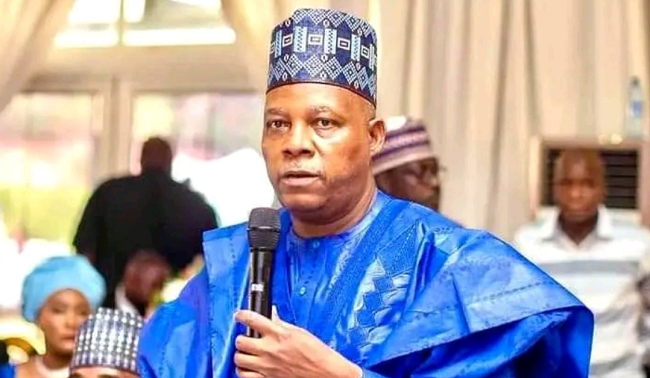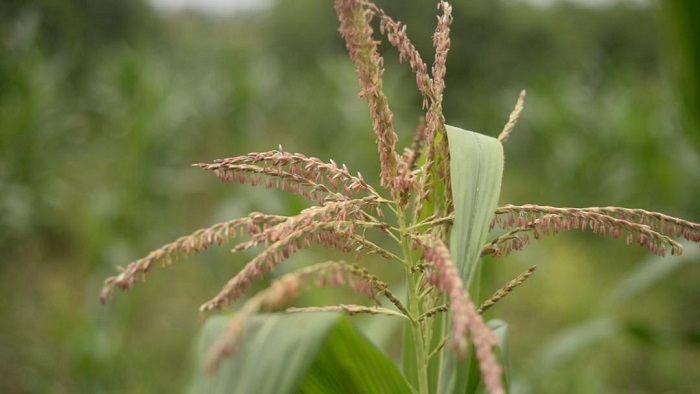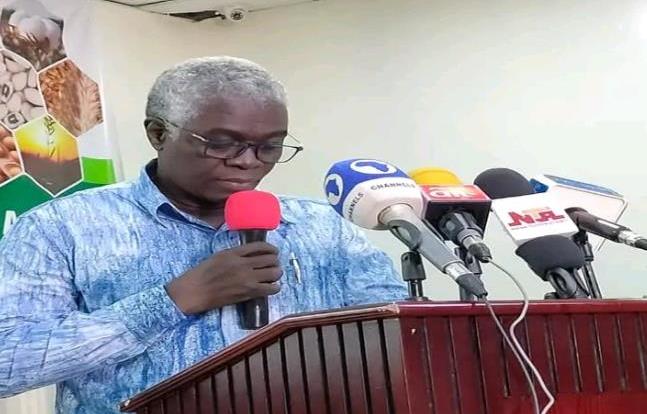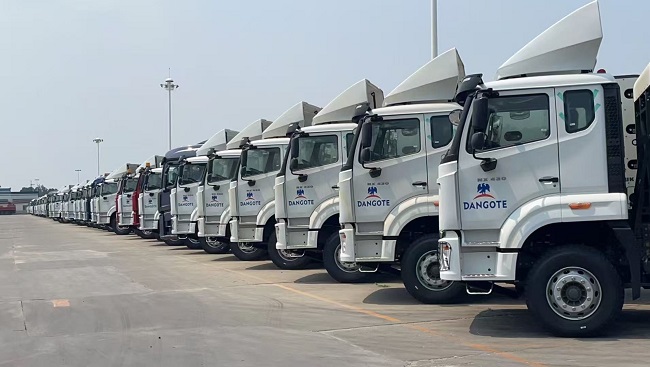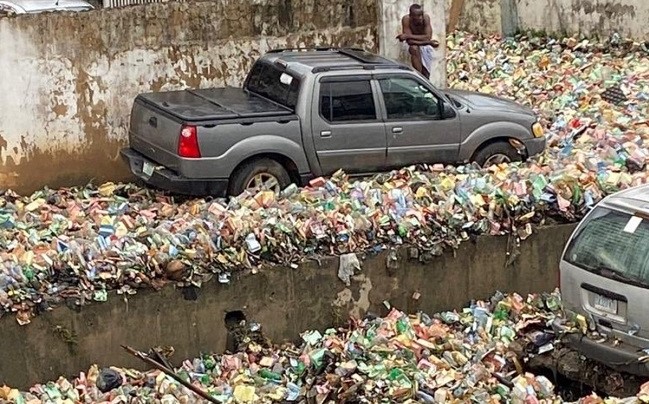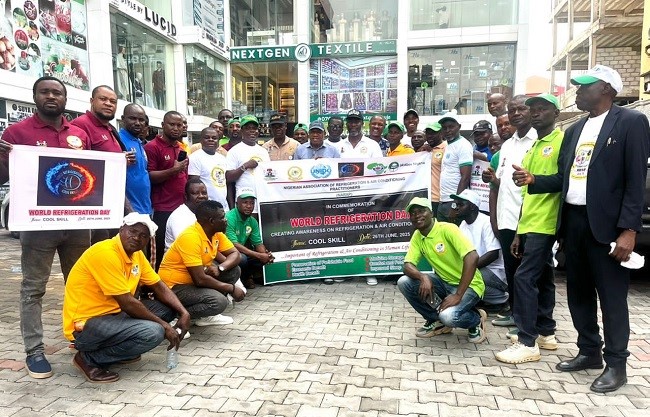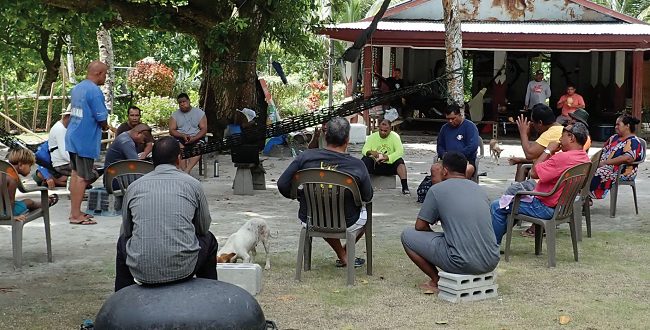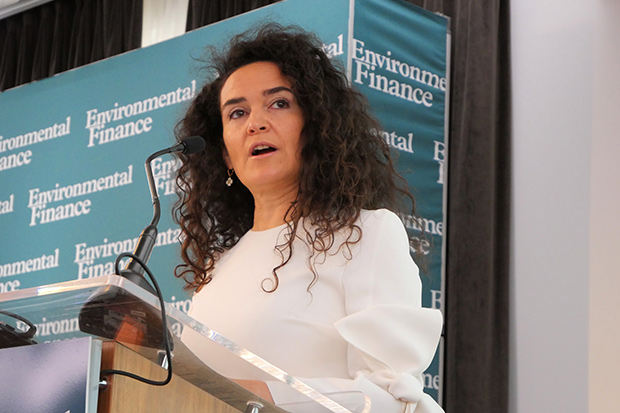The Oil and Gas Trainers Association of Nigeria (OGTAN) has officially inaugurated its newly elected National Executive Committee, led by National President, Mr. Chris O. Osarumwense, who announced a forward-looking strategic roadmap to redefine human capital development in Nigeria’s Oil and Gas sector.

This was stated in a press release signed by the National Publicity Secretary of Oil and Gas Trainers Association of Nigeria (OGTAN), Funmi Ogbue, and made available to news men in Lagos.
Speaking during the inaugural address, Mr. Osarumwense expressed deep appreciation to OGTAN members for their trust and reaffirmed the executive committee’s unwavering commitment to serve with diligence, integrity, and vision.
“The mandate given to us is a solemn call to action. We are committed to delivering on our promises with the highest standards of professionalism and accountability,” said Mr. Osarumwense.
The new leadership outlined a seven-point agenda that will steer the association toward national influence and international relevance.
Strategic Partnerships and Affiliations: OGTAN will pursue robust collaborations with international training institutions, Nigerian universities, and polytechnics to foster knowledge exchange and close the academia–industry skills gap.
Certification and Accreditation Authority: Plans are underway to establish OGTAN as a recognised certificate-awarding body with robust quality assurance standards and expanded accreditation for trainers and facilities.
Upholding International Standards and Innovation: The EXCO will champion the adoption of modern training technologies and standardised curricula to ensure Nigeria remains competitive in the global energy workforce.
Enhancing Member Value and Business Growth: The association will actively promote the services of its members and advocate for improved commercial terms with IOCs and government entities.
Strengthening Advocacy and Global Recognition: By deepening ties with the Nigerian Content Development and Monitoring Board (NCDMB) and increasing participation in global forums, OGTAN aims to be a critical voice in national policy development.
Expansion of OGTAN Energy Consult Limited (OECL): OECL will be scaled into a revenue-generating consulting hub offering training needs analysis, curriculum design, and strategic industry solutions.
Financial Viability and Independence: A diversified financial model will be implemented to ensure OGTAN’s long-term sustainability through membership dues, service fees, sponsorships, and transparent financial governance.
Mr. Osarumwense stressed that the success of this transformative agenda hinges on the active involvement of all members. He reaffirmed the EXCO’s open-door policy and encouraged collaborative engagement.
“Together, we will build a more influential, responsive, and prosperous OGTAN,” he affirmed.
The new administration is poised to elevate OGTAN as a beacon of excellence in human capacity development and a formidable partner in Nigeria’s drive for sustainable energy sector growth.


